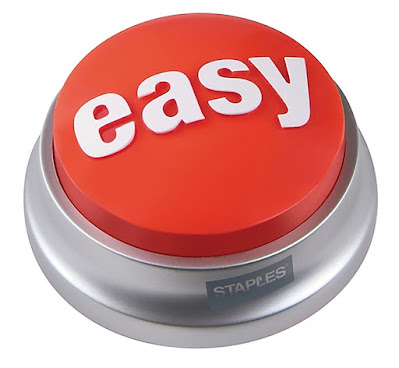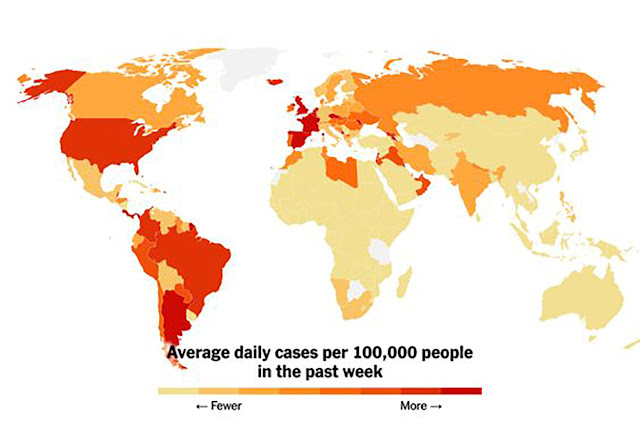By Jan S. Gephardt
A cluster of recent news articles have, to me, pointed to an older-than-America problem. I mean the recent water-quality issues in Jackson, MS, and the end of the universal free public school lunch program. A local infrastructure issue and a nationwide nutrition program might seem to have little in common, but under the surface they do. Both resulted, ultimately, because government officials bought into the Legend of the Undeserving Poor.
Now, before you get your feathers all ruffled about my obvious Bleeding-Heart-Liberal stripes showing, please hear me out. Certainly, there are unmotivated, indolent, and unwise individuals out there in the general population. They exist in all economic strata of society, from frivolous trust-fund babies on down. Users, grifters, and cheaters exist, and they certainly do their best to let the efforts of others “carry” them.
But years of studies, analysis, and personal experience should tell you that the growing ranks of the “Working Poor” in this country aren’t all (or even mostly) a bunch of so-called “Welfare Queens.” So where does this persistent legend of the undeserving poor come from, and why does it persist?
 |
| Some folks take this advice a bit too literally in public policy matters. (Statustown). |
Tradition, Worldview, and Convenience
The legend of the undeserving poor is nothing new. It has the powerful forces of tradition, worldview, and convenience working in its support. Some historians say it dates back to the economic and social changes as the Plague waned in Europe. Wealthy people resented the growth of burgeoning “underclass” populations, with their desire for a better place in life than was comfortable for their “betters.”
My first inkling of how old (and unfair) the tradition might be while viewing Dutch art from the Reformation era (1500s-1600s). I was scandalized to see a mocking engraving that purported to illustrate disabled war veterans and other classes of the “undeserving poor.” How, I wondered, could anyone disabled while fighting for his country be considered “undeserving”? Of course, when you consider how the United States has treated 911 responders, as well as soldiers exposed to Agent Orange and burn pits, that outrage seems naïve at best. But then, it all makes me angry.
The legend of the undeserving poor has a long and ugly history. It offends anyone who values equity and social justice, and yet it persists. Why?
 |
| Wouldn’t want to help the “undeserving,” of course! Not even if it helps to save the world. (Quotestats). |
A Worldview Predicated on "Personal Responsibility"
Did you choose to be born to, or adopted by, the parents who reared you? Were you personally responsible for choosing the color of your skin? Not if you’re a natural-born human being, you didn’t. Yet these involuntary conditions are massive predictors of how successfully you’ll be able to live your life.
But it seems clear that some people in our society think the situation into which you were born should make no difference to your outcomes in life. Somehow, despite all the evidence to the contrary, they believe we all start from the same point and compete equally. If you didn’t struggle sufficiently to be an economic success – regardless of your opening situation – then that’s on you. Somehow, you are simply a lesser human being. And in that case, they appear to think that you deserve to just suffer and die, already.
It's a supremacist worldview. Weird, how often it’s held by people lucky enough to have been able to access opportunities and capitalize on them. You’ll often hear such folks describe themselves as “self-made” or having “pulled themselves up by their own bootstraps.” Never mind that the original definition for the latter phrase implied the completion of an impossible and unbelievable task. And if you somehow failed to do the impossible, well then, the legend of the undeserving poor is tolling the bell for you.
 |
| “The American Dream Game,” a 2014 David Horsey cartoon, is one of my favorite “pictures worth 1,000 words.” (LA Times, #142 of 200). |
It is Inconvenient to Think Complex Thoughts
Thinking is hard. It actually uses energy and it can genuinely wear us out. That’s probably why some of us try to avoid doing it at all costs. Unfortunately, that attitude is kind of baked in to our culture. Americans (and, increasingly, supposedly-educated people everywhere) want clear-cut answers, they want them right now. Preferably in bullet-points that would fit on a bumper sticker. We’re already busy enough as it is. Our lives are already rife with complexity.
Unfortunately, our world faces a lot of complex problems, with multilayered causes. We need to solve them before they kill us. Climate change is one of those things that is complicated, famously inconvenient, and increasingly deadly. All the reasons why the legend of the undeserving poor is misleading and wrong are another.
But wait! If it's so bogus, why does it persist, you might ask. It persists because it is convenient for those who don’t want to engage their empathy for the “poors.” Even more so, for those who don’t want to spend any extra tax money (“my hard-earned money!” whether it truly came hard or was inherited) to help others live a better life.
 |
| The legend of the undeserving poor persists because it serves unearned privilege. (AZ Quotes). |
This falsehood, this enduring legend of the undeserving poor, perversely persists. It endures for the same reason a deeply misleading – but catchy – meme persists. Because it suits the purposes of undeserved privilege.
IMAGE CREDITS
Author/producer Jan S. Gephardt is grateful to all the image sources credited in the cutlines above. She isn’t quite Taking a Sick Day (after all, there is a blog post for today), but let’s just say she’s had peppier, healthier moments.










